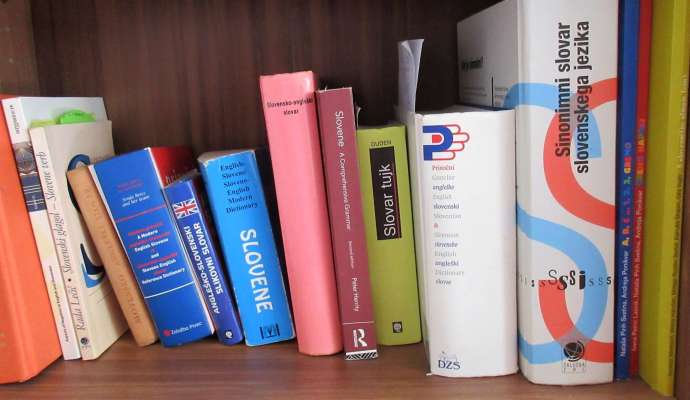STA, 6 June 2022 - A debate on inclusion of foreigners into the local environment, especially education and healthcare, was held on Monday in Slovenska Bistrica, where increasingly many foreigners live due to growing demands on the labour market. Slovenian language skills were highlighted as crucial for integration.
Mayor Ivan Žagar would like systemic solutions to be implemented to facilitate integration. The town's council urged the state to set Slovenian language skills as a condition for employment along with suitable living conditions and inclusion into community work.
Some of the demands have been taken into account in changes to the aliens act, while may issues still remain open, the mayor said.
According to Emil Trontelj, chief of the Slovenska Bistrica administrative unit, foreigners comprise of about 6% of the population. They mostly come from Kosovo, Bosnia-Herzegovina and Serbia, and work in construction, industry or transport.
He stressed the administrative unit had no influence on how many foreign citizens will come to the municipality.
Grega Malec, head of the sector for work-related migration at the Labour Ministry, said that a foreigner could only get a job if no other appropriate candidate was found in the unemployment register.
Since the unemployment has been dropping in Slovenia, further growth in employment of foreigners could be expected, he said, adding that there were many provisions in the Slovenian legislation envisaging that people without a job in Slovenia should return to their homeland.
According to the head of the Government Office for the Support and Integration of Migrants, Katarina Štrukelj, persons who are entitled to international protection are offered systematic assistance in integration, including Slovenian lessons.
"Foreigners themselves say Slovenian lessons are crucial for living and working in Slovenia. But they say 400 hours is not enough," she said.
Economic migrants are not that interested in learning Slovenian, as they already have a job and usually work all day. Still, their children should be given the opportunity to learn Slovenian, as they must be included in the Slovenian education system as soon as they come here. "Every day a child does not spend with their peers is lost."
Malec added that such workers, especially construction workers from Kosovo, often go to work to another country, which is an additional reason why they are not particularly motivated to learn Slovenian. "We suspect the demand for labour force in Slovenia is being inflated on account of the needs in other countries."
Tatjana Pufič, head teacher of the Slovenska Bistrica primary school, stressed the need for assistance in integration of children. She said the state should allow for additional staff to be hired for this purpose. "We should also work with the children's mothers," she said.
To uphold this, head of the local community health centre Urška Sedmak said it was hard to perform a gynaecological examination in the presence of a child who acts as an interpreter.







